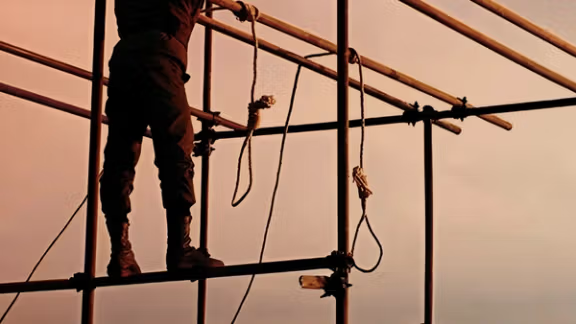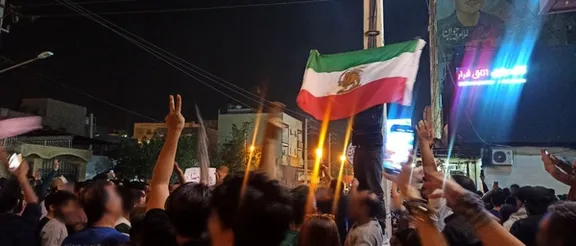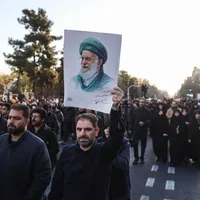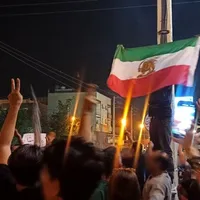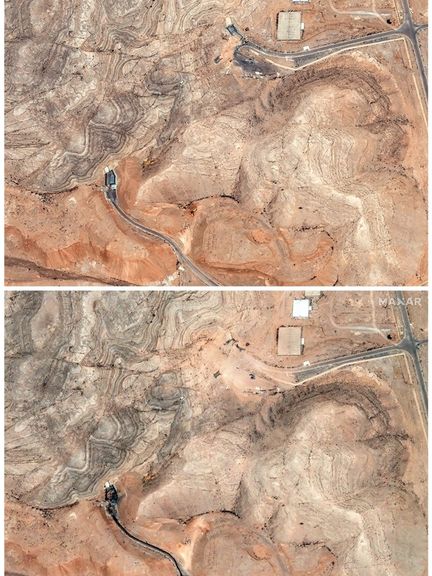Putin conveyed his position to both President Donald Trump and Iranian leaders in recent weeks, encouraging Tehran to move toward a deal that would help restart negotiations with Washington.
“Putin would support zero enrichment,” one European official told Axios. “He encouraged the Iranians to work toward that… The Iranians said they won’t consider it.”
Shortly after publication, Iran’s Tasnim News, affiliated with the Revolutionary Guards, rejected the Axios report, citing an informed source.
Moscow has long defended Iran’s right to enrich uranium in public, but behind closed doors, Russian officials have taken a tougher stance following the 12-day war between Iran and Israel, according to European and Israeli officials familiar with the talks cited by Axios.
Despite Iran’s military support for Russia in Ukraine, including drones and missiles, Tehran was frustrated with Moscow’s limited support during the war with Israel, Axios reported.
Russian officials have since told Iran that they would be willing to remove its stockpile of highly enriched uranium and supply low-level fuel for civilian use if a deal is reached.
Araghchi says Iran open to nuclear talks, but enrichment non-negotiable
Tehran has insisted it will not accept any agreement that eliminates its ability to enrich uranium.
Iran is open to future talks over its nuclear program but will not accept any deal that excludes uranium enrichment, Foreign Minister Abbas Araghchi said Saturday during a meeting with foreign envoys in Tehran.
“We have always been ready to negotiate over our nuclear program and will continue to be,” Araghchi said. “But it is natural that we must ensure any future talks are not turned into war by the US or others.”
“No agreement will be accepted without enrichment,” he added. “If talks happen, the subject will only be the nuclear issue.”
Araghchi ruled out any discussion of Iran’s military capabilities. “Iran’s military and defense power will not be part of any negotiation,” he said.
He said Iran’s nuclear facilities were damaged in recent strikes by the US and Israel, but the bigger blow was to the global non-proliferation regime. “The reality is our facilities were hit, but what was hit harder was the Non-Proliferation Treaty itself.”
He added that cooperation with the IAEA would continue but now be managed through Iran’s Supreme National Security Council and reviewed on a case-by-case basis.
Axios also reported that plans to hold US-Iran nuclear talks in Oslo have been dropped after both sides cooled on the idea. They are now seeking an alternative venue, according to the sources cited by the report.
Enrichment ban remains key dispute
Meanwhile, Israeli officials continue to warn against any Iranian enrichment. Former Israeli Defense Minister Yoav Gallant said this week that Supreme Leader Ali Khamenei must abandon nuclear ambitions or face further military action.
“The strikes in June exposed your system and dismantled your capabilities,” Gallant wrote in a public letter.
Israeli Prime Minister Benjamin Netanyahu also dismissed future diplomacy unless Iran ends all enrichment and missile development.
